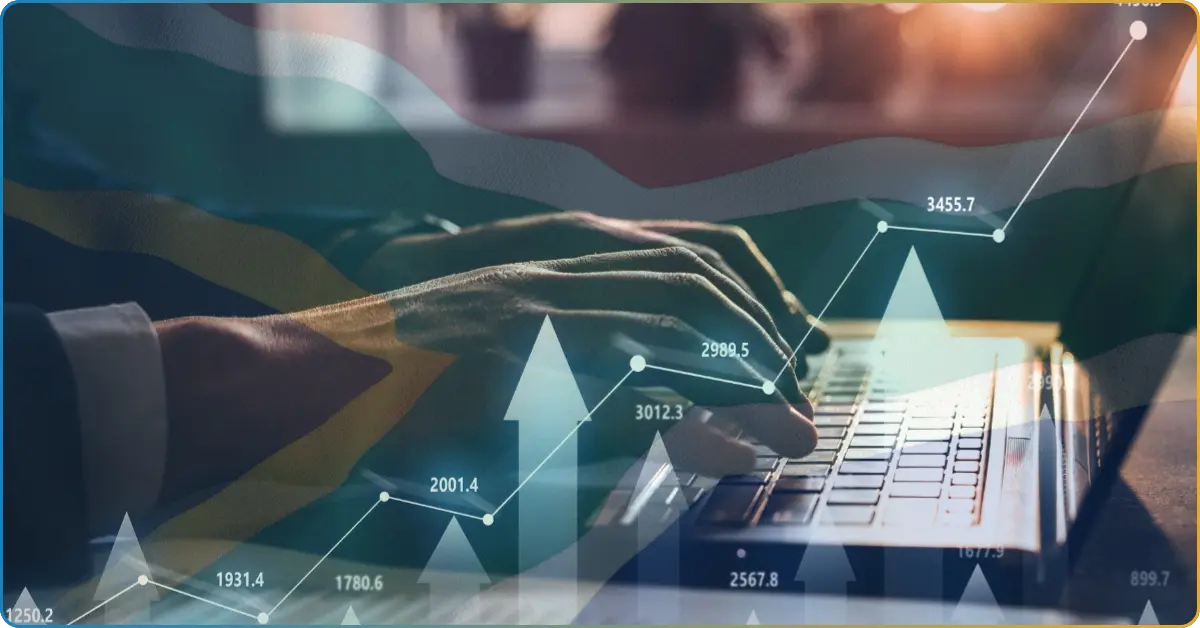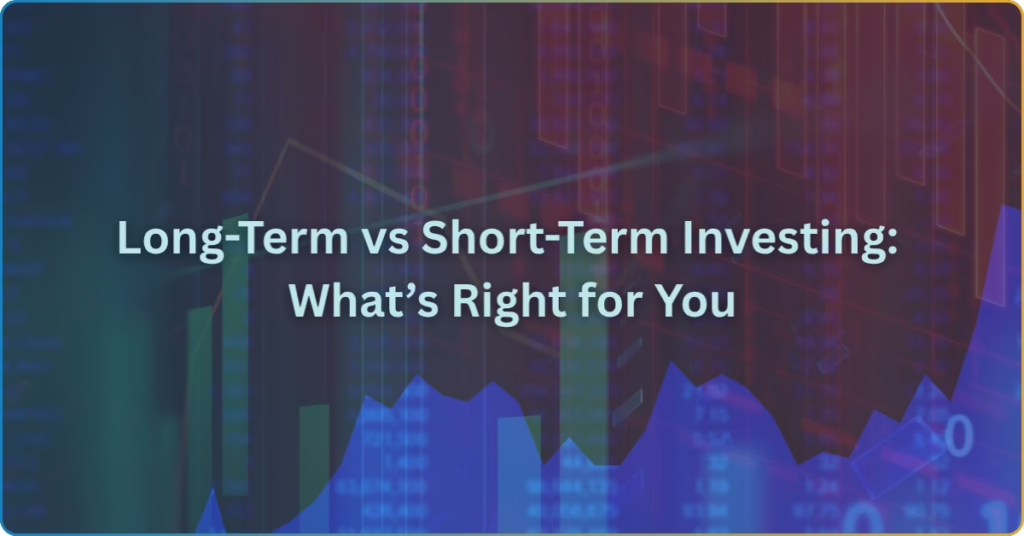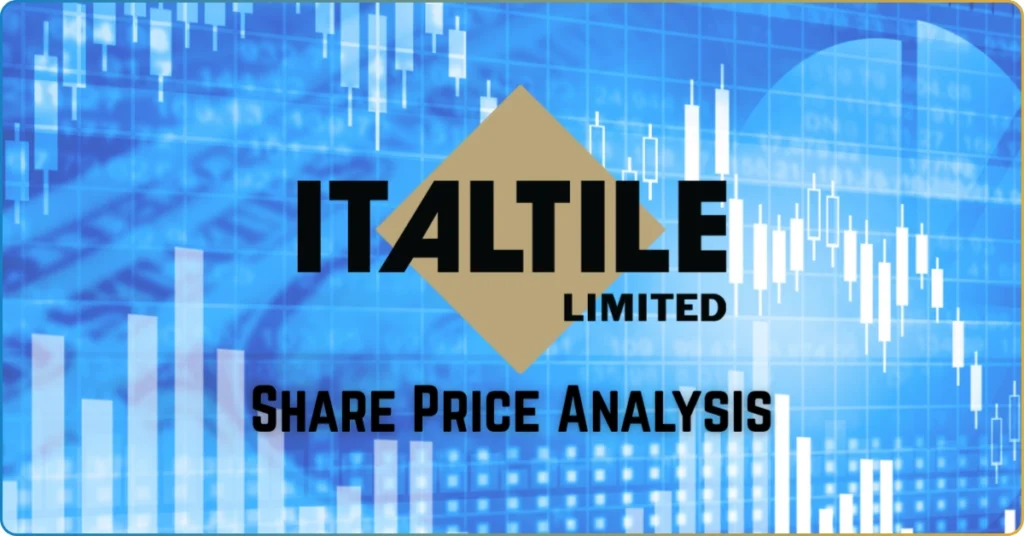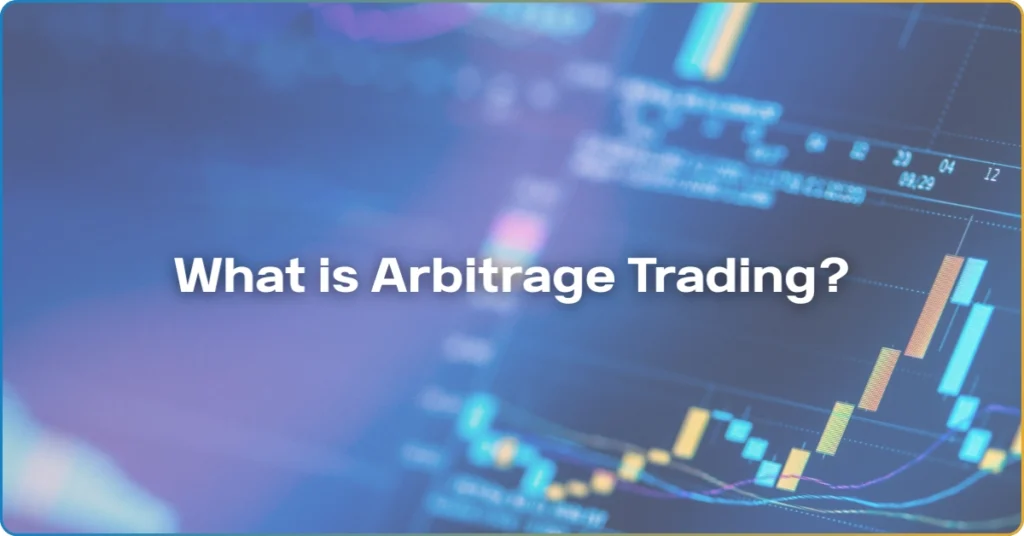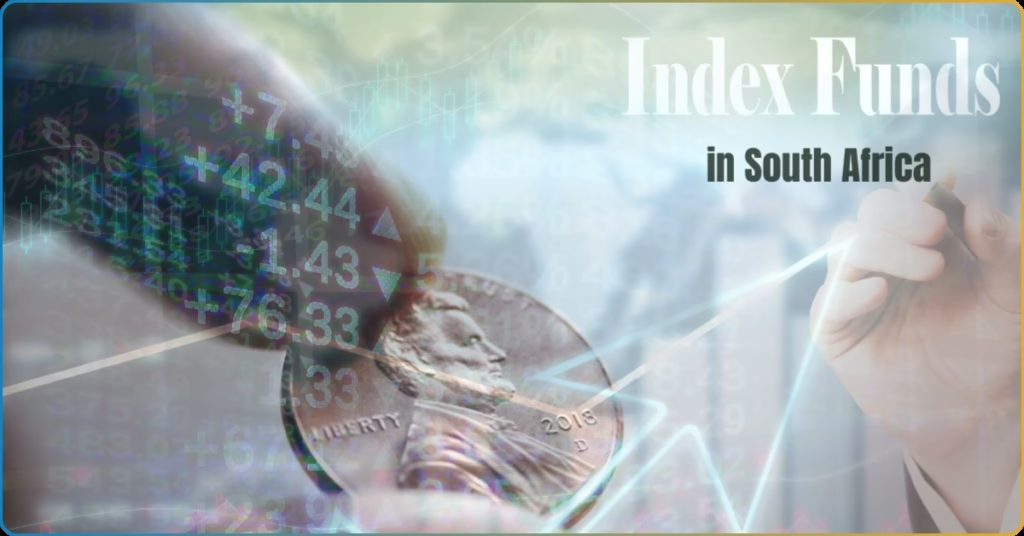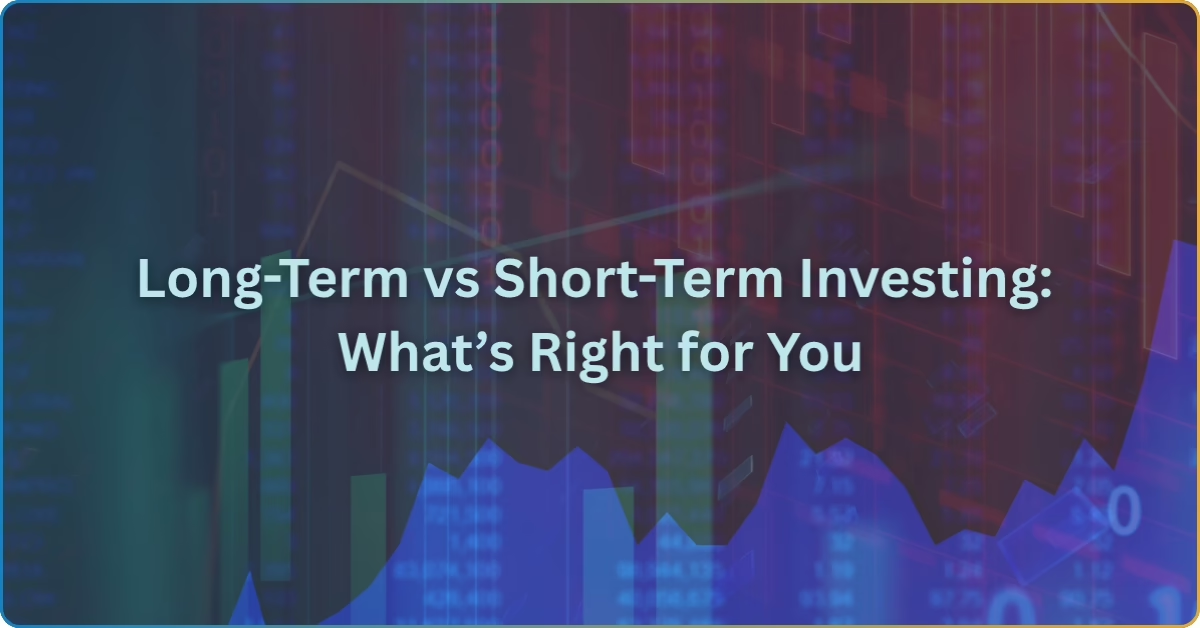Forex trading is the act of simultaneously buying and selling currency pairs to profit from the price differential. With its lucrative opportunities, forex trading stands amongst the favorites of investors.
In South Africa, forex trading has the potential to address and solve the extreme wealth inequality in the country. The forex market could be their avenue to build and secure a better financial future.
However, the concern of legality presses potential traders. Not only the legitimacy of the financial product and practice, but rather the credibility of forex brokers.
In this article, you’ll walk through the forex regulation in South Africa. Read on to explore the strategic action of the FSCA to ensure fairness and integrity of the South African financial market.
Is Forex Legal in South Africa?
Foreign exchange (forex) trading is legal in South Africa. In fact, no existing South African laws explicitly nor implicitly express the illegality of currency pair trading.
Any low-risk customers can participate in the forex market, given that they’re familiar with the market dynamics and have sufficient capital to withstand market fluctuation.
Note: The Know-Your-Customer (KYC) policy defines low-risk customers as individuals carrying no potential to commit money laundering. On the contrary, high-risk customers carry a higher probability of engaging in fraudulent activities.
Finally, South African investors should not worry about the legitimacy of the forex assets as a financial product. What they should worry about is it credibility of their forex brokers.
Read more: TraderUnited – How Forex Brokers Operate
Forex Profit Is Taxable in South Africa
One thing you must know when trading forex in South Africa is the tax implications.
The South African Reserve Bank (SARB) identified the profits from forex positions as a taxable income. Taxable amounts vary depending on the trader’s classification – whether you’re a trader or an investor.
- Forex Trader: Trading profits are usually the main income source for forex traders. They either participate in the market full-time or after hours.
- Forex Investor: Investors execute a trade, leave it for an extended period, and wait until the asset’s valuation grows. This type of market participant finds forex trading a passive income generator.
Now, the tax implications of the two vary as trader’s profits are considered ordinary income, while investor’s profits are capital gains.
Trader’s Taxation
Traders are mandated to report all their generated income, including those from forex trading to the South African Revenue Service (SARS). The South African annual tax filing season typically runs from March of the current year to February next year.
Your tax rate ranges from 18% to 45%. The higher your filed annual income, the higher your tax rate is.
Assume your total trading profit is R350,000 and a net salary of R650,000 from your writing job. When combined, your overall taxable income is R1,000,000.
With R1,000,000 annual income, only the income over R857,900 will be subjected to a 41% tax rate.
Taxable Amount = (Annual Income – Untaxable Amount) x Tax Rate
Taxable Amount = (R1,000,000 – R857,900) x 41% or 0.41
Taxable Amount = R142,100 x 0.41
Taxable Amount = R58,261
Investor’s Taxation
Investors’ trading profits are not identified as regular income, instead, SARS considers such profits as capital gains.
With this, all gains yielded from your investment are subject to Capital Gains Tax (CGT)
However, not all the profit gained from your investment is taxable. Instead, SARS only tax 40% of your profit.
Finally, that 40% will be added to your regular income.
Suppose your regular annual income amounted to R600,000 and your two-year forex investment gained R230,000.
To get your final taxable income, get 40% of the R230,000 and add it to your annual income.
Formula:
Final Taxable Income = (Capital Gain x 40% or 0.40) + Annual Regular Income
Final Taxable Income = (R230,000 x 0.40) + R600,000
Final Taxable Income = R92,000 + R600,000
Final Taxable Income = R692,000
Who Regulates Forex Trading in South Africa?
The South African financial market is supervised by the Financial Sector Conduct Authority (FSCA).
Formerly functioning as the Financial Services Board, its transition to become a regulator happened on April 1, 2018. This name change is for rebranding; instead, it’s in accordance with the South African Financial Sector Regulatory Act of 2017 (FSR 2017).
By establishing a financial authority, South African investors can rest assured their investment interests are safeguarded amidst the prevailing money laundering, financial terrorism, and financial proliferation in the global financial scene.
In the forex scene, the FSCA has regulatory power to monitor the exchanges, participants, and most especially, the financial service providers.
Legally, all companies tendering financial services within the South African borders should register and comply with the regulatory rules implemented by the FSCA.
The provision of a license allows the regulator to oversee their brokerage operation to protect the broker’s clients from potential conflicts of interest. FSCA’s Regulatory
Aside from protecting investors, the FSCA promotes financial literacy, enhances the country’s financial market, and engenders financial inclusivity to unbanked or underbanked South Africans.
The FSCA to Be Stricter Moving Forward
In December 2023, the Financial Action Task Force (TATF) put the South African financial market on its grey list.
This signifies that time and again, South African investors were subjected to significant money laundering, financial terrorism, and financial proliferation.
The International Monetary Fund defines these three financial havocs:
- Money Laundering: This activity includes making large sums of money through criminal activities, including corruption, drug trafficking, and tax fraud.
- Financial Terrorism: This involves international monetary transfers (wire or electronic) to fund terrorists. The funding may be for weapon acquisition or for budget generation.
- Financial Proliferation: Provision of funds, used to develop, create, transfer, or stockpile weapons (nuclear, chemical, or biological).
Under increased monitoring from the global financial watchdog suggests that the FSCA is actively addressing strategic deficiencies to counter such financial havoc.
As per the latest FATF report, FSCA established a solid regulatory framework to combat money laundering. However, shortcomings and hurdles remain.
Among the primary FATF recommendations for the FSCA are the following:
- Implement robust risk profile screening: Proactively seek international cooperation, detect and seize illicit cash flows, and improve public access to information.
- Effective use of financial intelligence products: The Financial Intelligence Center distributes tools and rules out financial rules to identify monetary crimes and combat money laundering and financial terrorism.
- Improve risk-based approach: The South African government must delegate regulatory responsibilities to entities and supervisors.
Led by the FSCA, the country has been actively addressing these recommendations. The FATC commended the dedication of the regulator to strengthening the regime’s financial framework.
By January 2025, the FSCA expects to see significant improvement in the country’s financial environment.
Is Forex Trading Worthwhile in South Africa?
Forex trading in South Africa is both legal and regulated, providing opportunities for wealth generation and financial empowerment.
However, success in this market requires knowledge, strategic planning, and compliance with legal obligations, including taxation and broker credibility checks.
With the FSCA’s ongoing commitment to strengthening financial oversight, South African traders and investors are increasingly protected against fraudulent activities.
But like any investment, forex trading carries risks. It’s essential to stay informed, work with licensed brokers, and consult financial advisors when needed to navigate the complexities of trading.

